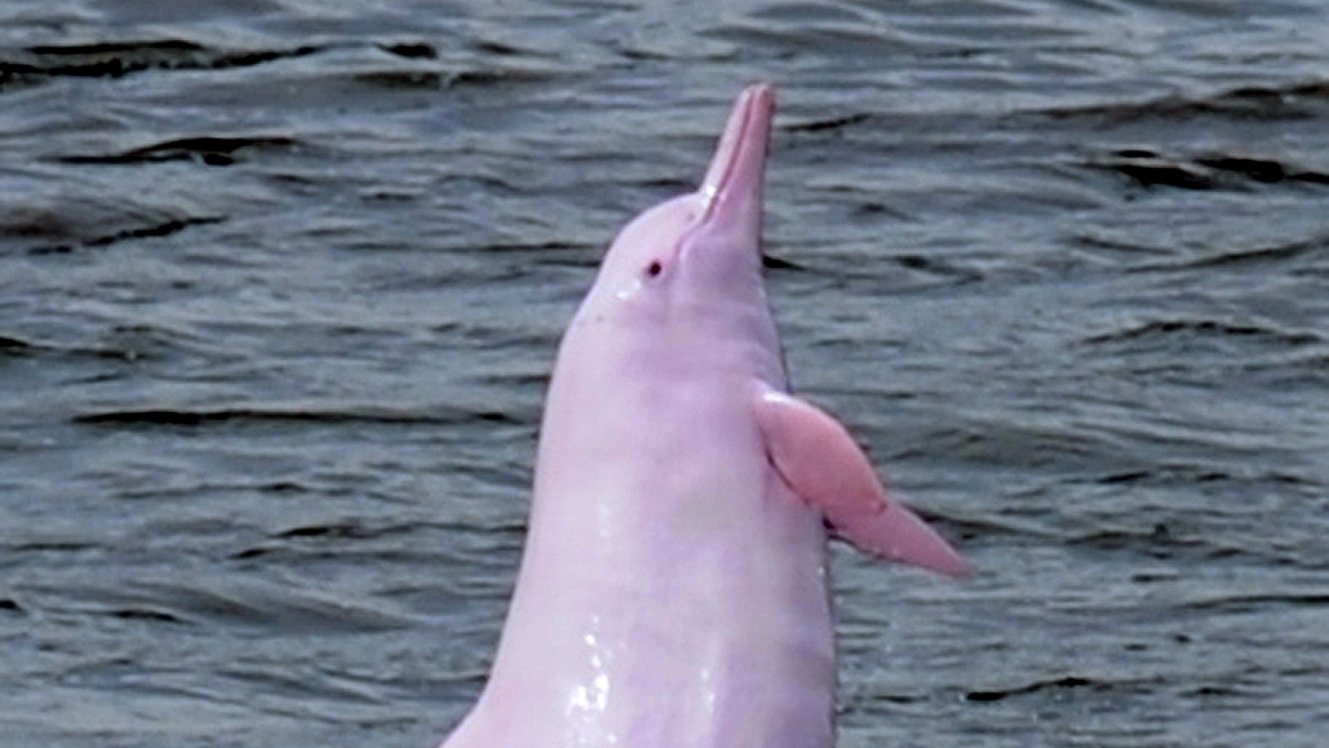Researchers from the University of Aveiro launched this Friday an alert for the need to protect the boota marine mammal classified as “critically endangered”, with 44 dolphins killed in the north this year.
According to information released by the University of Aveiro (UA), 44 dead river dolphins have been recorded since the beginning of the year by the northern stranding network, with accidental capture by fishing gear the main cause.
This value, for the first semester of 2023, is already the highest of all the annual values of dead porpoises, since there have been records of strandings of marine mammals in mainland Portugal”, highlights the information from the UA.
According to information from the UA, several international entities have warned in previous years of the need to act immediately to reduce the accidental capture of porpoises in the waters of the Iberian Peninsula, but “no measure has been implemented in Portugal”.
The researchers point out that, this year, most of the dolphin releases have occurred in a marine protected area belonging to the NATURA 2000 network (Sítio Maceda-Praia da Vieira), “widely used by the fishing sector, which increases the probability of interaction with the boto, a marine mammal with coastal habits”.
The dolphin is a marine mammal whose population is classified as “Critically Endangered” in the Red Book of Portuguese Mammals.
It had already been described as in “Poor Conservation Status” and declining in the most recent report on article 17 of the Habitats Directive, submitted by Portugal to the European Commission.
next to mortality resulting from bycatchs, scientists fear that activities associated with renewable energy in the marine environment could lead to the redistribution of not only marine mammal populations, but also to the redistribution of more traditional activities, such as fishing.
This redistribution will lead to a greater concentration of coastal fishing in areas of great ecological importance for the dolphin, increasing the possibilities of interaction and accidental capture”, they point out.
They consider that “continuous monitoring of the abundance of marine mammal populations in Portugal is essential for compliance with international objectives, related to the conservation of native biodiversity, for the sustainable development and nature restoration“.
The Red de Arrojamentos del Norte, which operates between Caminha (Viana do Castelo) and Peniche (Leiria), operates from the Center for Research and Rehabilitation of Marine Animals (ECOMARE) and includes researchers and members of the Center for Environmental and Sea Studies ( CESAM), a partner laboratory based at the University of Aveiro, and the Portuguese Wildlife Society (SPVS).
Source: Observadora
